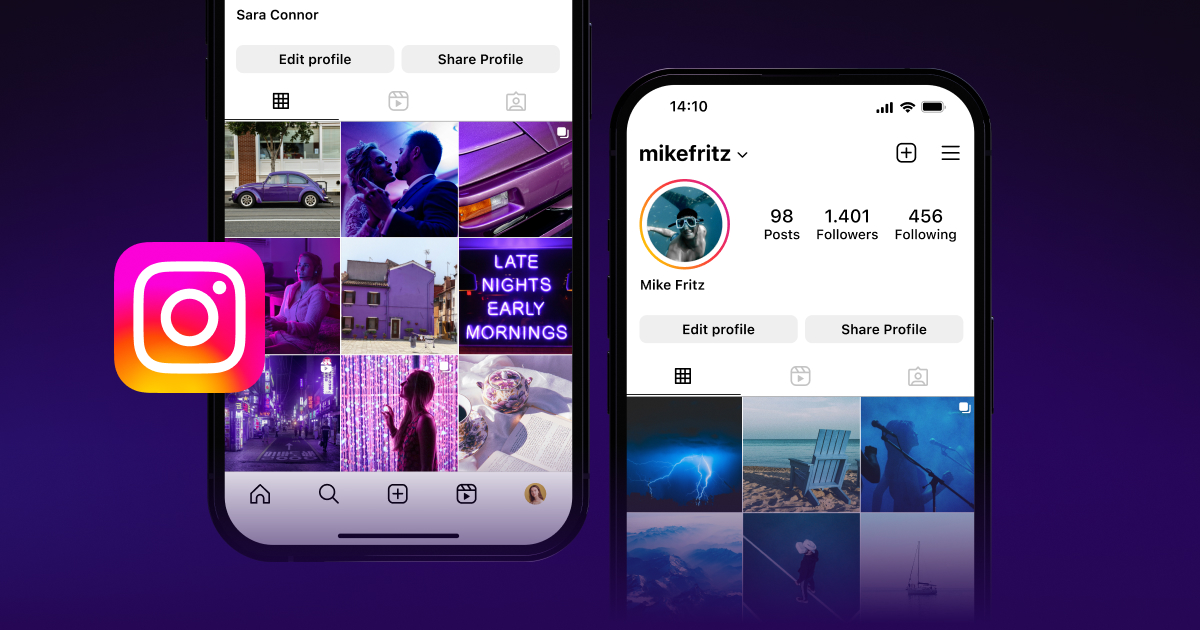Podcasts have become a go-to outlet for creators of all types to share their ideas, and it can be a lucrative one, at that. If you’re interested in getting your start at podcasting and are hoping to turn a profit, finding advertisers and building an audience big enough to start earning money is key, but can take time.
Luckily, with the right strategies, podcasters can stand out in a flooded market and catch people’s attention. Here’s how to make money with a podcast.
How Do Podcasts Make Money?
Most podcasts are free on platforms like Spotify, Apple Podcasts, and Google Podcasts — so how do they make money?
There’s no single way to generate podcast revenue. Many popular options for monetization exist, such as joining podcast networks, promoting paid memberships, and selling merch. However, the best monetization methods vary based on the creators and the audience. A show with a tight-knit fanbase might make thousands from Patreon memberships and merch, and one with a larger but less involved reach might make more on ads.
Most podcasts take advantage of different methods to generate income. Strategies like selling merch and hosting events don’t always provide consistent funds because they’re expensive for listeners. By pairing those costly strategies with others, like reading ads, you can make for a steadier income.
What To Consider Before Trying Podcast Monetization
While monetizing a new podcast right away is tempting, it helps to prove your content’s value first. Followers and sponsors need to know what you’re offering and why it’s worth investing in.
Here’s how to set a podcast up for success:
- Find a niche — There are millions of podcasts, so what makes yours different? It needs a niche. Instead of discussing a broad topic, like movies, dive into a specific facet, like how studios cast, film, and market modern horror films.
- Reinforce your brand — Find a way to make your podcast even more unique with signature elements, like a catchy name and episode titles to entice listeners. If you’re starting a book review podcast, naming every new release with a pun of the book’s title makes your content more recognizable.
- Build an audience — No matter your strategies, you can’t start making money from podcasts without an audience. Followers and subscribers are the ones who listen to ads, buy tickets to shows, and watch YouTube clips (which might have ads), so take the time to build a strong community. Create social media accounts on various platforms to promote the podcast by posting clips and announcements and interacting with the audience.
- Be consistent but realistic — Posting consistent episodes is necessary for profit, but you need to make high-quality content every time. Choose a realistic schedule that lets you produce strong content and stick to it.
- Plan breaks to avoid burnout — If your schedule seems overwhelming, try splitting content into seasons to give yourself breaks throughout the year. Otherwise, you could burn out and post sub-par content.
- Invest in podcast production — Podcast equipment matters. While recording episodes with your phone's microphone works, it might lead to unclear audio that lowers the quality. A solid podcast microphone makes a huge difference in quality, and many are inexpensive. If you can, set up an entire home studio to record without disturbances.
How To Monetize a Podcast: 8 Ways
Once you’re ready to start making money off your podcast, try these strategies:
1. Accept Ads and Sponsorships
Nearly every podcast has ads, and that’s because this monetization method is arguably the easiest. Just read advertisements — or play pre-made ones — during every episode.
Once you have regular listeners, sponsors might contact you for advertising, but it never hurts to reach out to brands. Choose companies whose audiences overlap with yours. If the show is about health trends, reach out to health-oriented companies and explain who your audience is and why they trust your opinion. Brands with similar values to your podcast are more likely to sponsor your content.
The more ads you include, the more money, but keep it to 2–4 per episode. Otherwise, listeners might feel like the whole episode is an ad, not you sharing your passion for a subject.
2. Encourage Paid Memberships
Platforms like Patreon let you post exclusive content behind a monthly subscription. Loyal listeners will sign up to pay anything from a few cents to double-digits to access that content. This is a great option because it’s elective and it doesn’t have to be expensive. You set the price when creating your account and can even offer tiered memberships at different price points.

3. Ask for Listener Donations
If you don’t want to ask people to commit to regular memberships, ask for one-time donations. Websites like Ko-fi, Buy Me a Coffee, or even PayPal process payments for you, so listeners can click the link and choose how much to donate.
This is a great option because there’s no minimum follower count or pressure for you to post exclusive content, like with Patreon. Post these links anytime, and although it might not make money at first, the cash should grow as your following does.
4. Post Episodes and Clips on YouTube
Some viewers prefer watching videos over listening, and video podcasts cater to that audience. Film yourself while recording the podcast and post the footage to other platforms. More people can find or watch your content, and on top of that, platforms like YouTube generate their own ad revenue — bringing in even more money.

To make the most out of every episode, turn long videos into YouTube Shorts. This creates more digestible content for an even wider audience. For example, “The Broski Report”’s YouTube Shorts each get 50,000 views, and that’s on top of streams everywhere else.
If you don’t have time to split whole episodes into Shorts, let Captions do it. Just paste the published YouTube link into the AI Shorts tool. Captions scans the video for the best clips and generates up to five videos to post to YouTube Shorts or other platforms such as Instagram Reels or TikToks. You’ll maximize your reach while maximizing time.
5. Create Podcast Merch
Once you have enough loyal listeners, launch a merch shop. Followers can buy products to support and represent the podcast with anything from a hoodie to a bumper sticker. Shows like “My Favorite Murder” have dozens of shirts, accessories, and mugs for sale — all of which have podcast branding or inside jokes only followers understand. Some third-party platforms even produce products and handle payments for you, like Redbubble.
This strategy earns money if it sells a lot of products, so save it for when sales seem likely or your followers start requesting merch in the comments.

6. Sell Courses and Books
If the podcast educates listeners, host an online course or write an ebook for further learning. While these endeavors take a lot of time upfront, once you create the course or write the book, the job is done. Just promote it on every episode and earn some passive income.
7. Host Live and Virtual Events
With a large enough audience, you can host live shows in your area or even across the country. Followers get the chance to connect with the podcast in person, and you’ll generate money through ticket sales, merch (if you have it), and sponsorships.
Live events can be extremely profitable, especially for large shows. For example, “Chicks In The Office” went on multiple cross-country tours, selling higher-priced VIP tickets — including a meet-and-greet — for dedicated fans.
8. Join a Network
Podcast advertising networks are organizations that manage shows. They handle marketing, distribution, and monetization, meaning they do most of the work for you. PodcastOne, Headgum, and iHeartRadio are popular examples.
Signing with a network could bring more consistent cash, but it’s a big commitment, and you might sacrifice some creative autonomy. You also need to have an existing following so the network knows the partnership is worth the investment.
Elevate Your Video Podcast With Captions
Filming video podcasts is one of the best ways to reach a larger audience and cross-post between platforms — and if you’re ready to create high-quality visual content, start with Captions.
With the power of AI, Captions cuts out awkward pauses, denoises fuzzy audio, and adds custom captions for viewers watching without sound. It also pulls viral-worthy clips from YouTube videos for easy Shorts, Reels, and TikToks so you can cross-promote and reach as many listeners as possible. Do it all with Captions and watch your audience grow.








